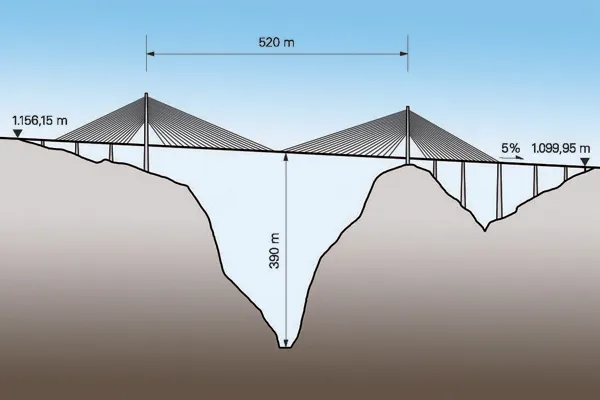Further progress is being made with the landmark Agua Negra Tunnel project that will connect Argentina and Chile. The new tunnel will run through the Andes mountain range, providing an improved highway link between the two nations, boosting trade and transport. The consortia pre-qualified for the tender process will be announced during November 2017. Construction of the tunnel is expected to cost US$1.5 billion and could take up to 10 years to complete. Initial funding to help start some of the technical design and planning work on the project is being provided by the Inter-American Development Bank (IADB) in the shape of two loans. One loan of $130 million will be for Argentina while the other, of $150 million, will be for Chile. The IADB has said it will source the necessary funding for the entire project. The intended design of twin tube tunnels calls for parallel drives measuring 13.9m in diameter. Around 72% of the 14km route run through Argentina, connecting San Juan in Argentina with Coquimbo in Chile.
Chile-Argentina tunnel project progress
Further progress is being made with the landmark Agua Negra Tunnel project that will connect Argentina and Chile. The new tunnel will run through the Andes mountain range, providing an improved highway link between the two nations, boosting trade and transport. The consortia pre-qualified for the tender process will be announced during November 2017.
October 20, 2017
Read time: 1 min






